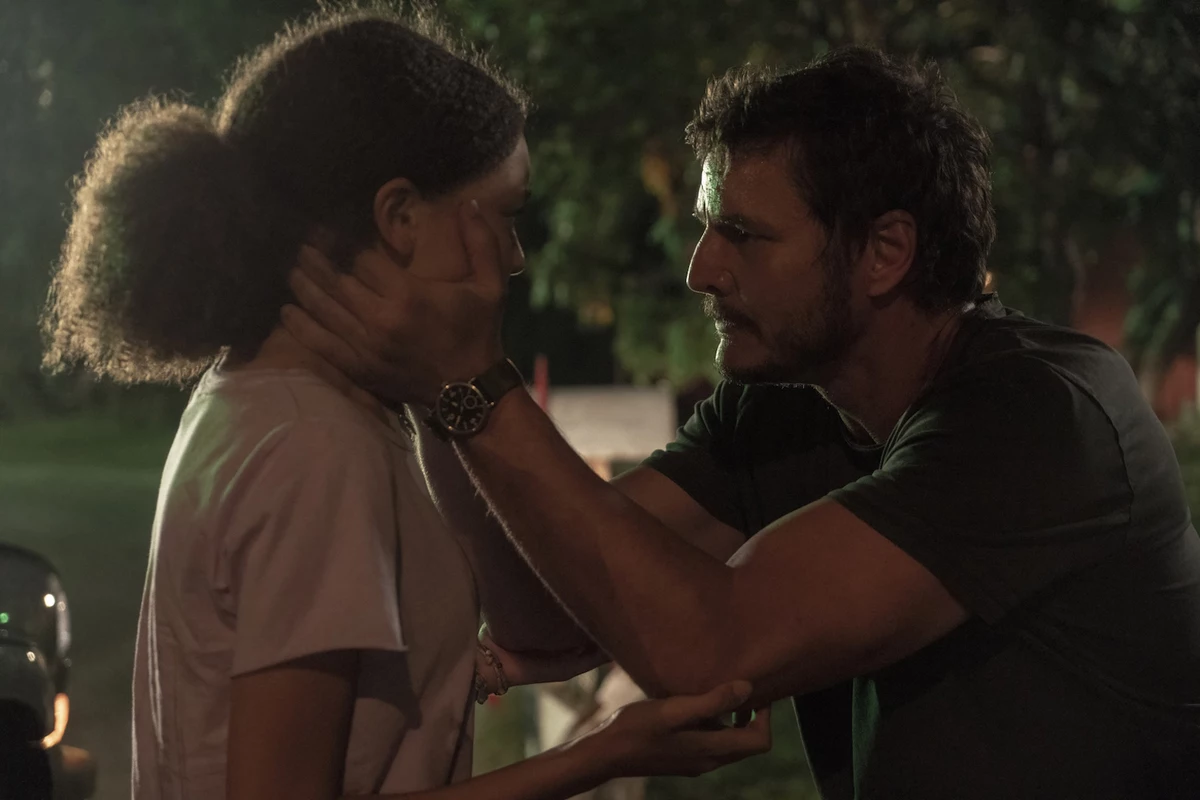Though he’s never addressed or rebutted Wilson’s perspective directly, one major proponent of non-traditional casting is Kenneth Branagh, who was one of the first to bring that theatrical convention to film with his Shakespeare adaptations. Long before his recent go at “Macbeth,” Denzel Washington played a major Shakespeare character on the screen in Branagh’s “Much Ado About Nothing,” which features Keanu Reeves as Don John, the nefarious half-brother to Washington’s dashing Don Pedro.

To my knowledge, Branagh has never spoken about his commitment to diversity in casting (evident in most of his work, including “Love’s Labour’s Lost,” his Hercule Poirot films, and his casting of Idris Elba in Marvel Studios’ “Thor,” which set off a minor squall of racist fanboy caterwauling). In the press for “Othello,” in which Branagh played Iago to Laurence Fishburne’s doomed moor, he said something that I think was revelatory. Branagh mentioned that Fishburne confided in him about his insecurity in taking on the Bard, saying, “I’m just a kid from Brooklyn; I’m not supposed to be doing this.” Branagh replied, “And I’m just a kid from Belfast; I’m not supposed to be doing this either.” Despite being viewed by much of the world as the natural heir to Olivier, Branagh knows that, in many ways, he was once perceived as an interloper. Instead of forgetting that, he gives other gifted people a chance to show what they can do with material not written for them.
When it comes to non-traditional casting, it’s prudent to distinguish between the historical and the fantastic. To be clear, those who object to the practice seldom do, but the two realms bring up contrasting issues. In the fantasy and science-fiction genre, colorblind casting is somewhat fallacious because there’s no real reason why an elf or a Valyrian could be played by a non-white actor other than genre convention, which as an argument is about as solid as a sandcastle at high tide. But what about fiction set in what passes for our world? There the matter gets tricky.
I don’t watch “Bridgerton,” but clearly this show set in Regency Britain and featuring Black and Asian actors playing nobles did much to further this trend. I read a few articles on “Bridgerton” and discovered that the “Grease” prequel followed the same curious pattern: Black characters are introduced in a seemingly egalitarian alternative reality, only to have that abruptly reversed when the show reveals there is racist sentiment after all. In “Grease: Rise of the Pink Ladies,” the show gives a viewer whiplash when the older generation suddenly starts casually dropping mid-50s racist asides about integration. Around that time, the show introduces Hazel (played by Shanel Bailey), an introverted Black girl brainiac caught between Greasers and Socs and not really fitting in with either.
























































![Key Metrics for Social Media Marketing [Infographic] Key Metrics for Social Media Marketing [Infographic]](https://www.socialmediatoday.com/imgproxy/nP1lliSbrTbUmhFV6RdAz9qJZFvsstq3IG6orLUMMls/g:ce/rs:fit:770:435/bG9jYWw6Ly8vZGl2ZWltYWdlL3NvY2lhbF9tZWRpYV9yb2lfaW5vZ3JhcGhpYzIucG5n.webp)
















